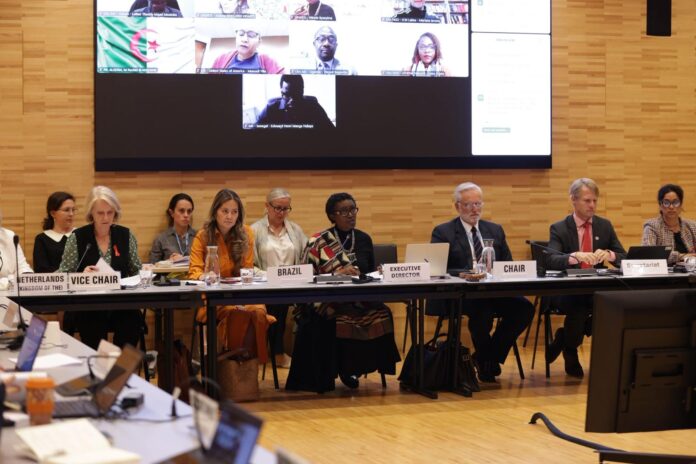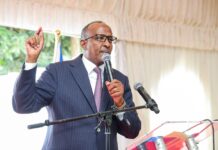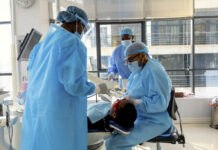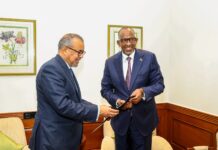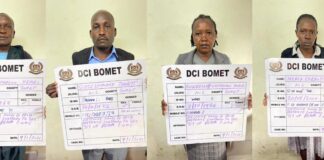At the opening of the World Health Summit in Berlin, parliamentarians from across the globe convened to address one of the most enduring challenges in global health: ending AIDS by 2030.
While much attention often falls on pharmaceutical advances and funding targets, the summit spotlighted a less discussed but pivotal factor in the fight against HIV: the political will of legislators and their ability to uphold human rights.
Hosted by German MP Sasha van Beek and organized by UNAIDS, UNITE, the Global Equality Caucus, and STOPAIDS, the event placed parliamentarians at the centre of strategy, not just as observers but as active architects of policy.
Participants emphasised that tackling HIV requires more than treatment access; it demands confronting structural inequalities that leave women, girls, LGBTQ+ people, sex workers, and people who inject drugs disproportionately vulnerable.
Winnie Byanyima, UNAIDS Executive Director, highlighted that parliamentarians have historically been instrumental in securing funding and shaping laws to ensure equitable access to prevention and care.
The summit went further by focusing on advocacy for long-acting injectable HIV prevention medicines like Lenacapavir, stressing that affordability and accessibility could be a game-changer for millions in sub-Saharan Africa and beyond.
Speakers repeatedly stressed the link between human rights and health outcomes. Aron le Fèvre, Executive Director of the Global Equality Caucus, noted that legislators are uniquely positioned to hold governments accountable and create the legislative framework necessary to protect marginalised communities.
Discussions also stressed the risks posed by shrinking overseas development aid, which could stall or even reverse progress.
Parliamentarians from countries including Germany, Lesotho, Liberia, Malawi, Mexico, Namibia, Sweden, the United States, Uganda, and Zimbabwe pledged to reinforce their commitment to policies that advance equity, combat stigma, and secure long-term financing.
The gathering illustrated that ending AIDS is as much a matter of legislation and accountability as it is of science and medicine.
By centring lawmakers and human rights at the heart of the global response, the summit offered a fresh perspective on what it will take to meet the 2030 target and ensure no communities are left behind.









